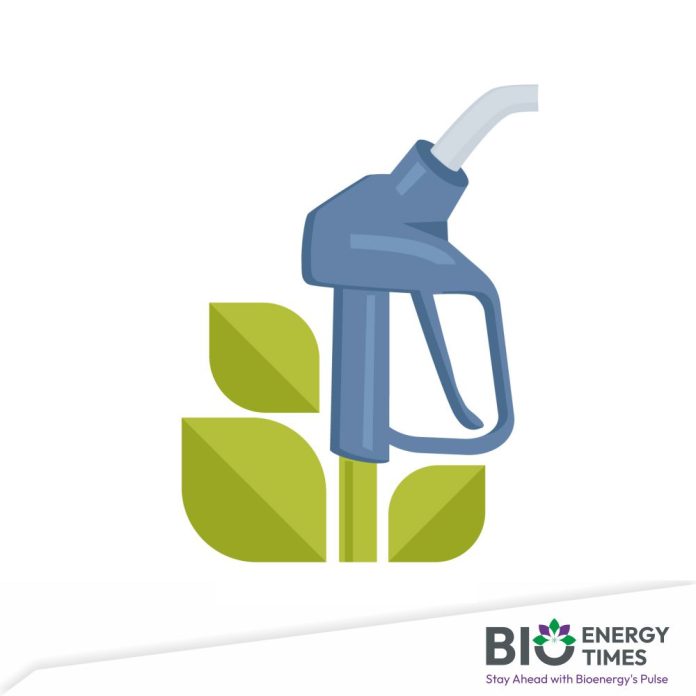New Delhi: India is preparing to extend its biofuel blending programme to the diesel-powered construction equipment sector, with plans to mix biofuels into fuel used by heavy carriers, bulldozers, cranes, and other machinery, reports Live Mint.
Inter-ministerial consultations between the road transport and highways ministry and the heavy industries ministry are underway to operationalize the plan, two officials aware of the matter said, according to the news report by Live Mint.
The construction equipment industry consumes 3–4% of India’s annual 91 million tonnes of diesel. Officials said it could be the first sector to face mandatory blending before a nationwide rollout of 10% bio-diesel.
So far, India’s blending programme has focused on petrol, achieving 20% ethanol blending nationwide in April 2023, five years ahead of schedule. With diesel consumption more than double petrol use, expanding biofuel blending to commercial and construction vehicles is seen as a way to accelerate energy transition goals.
“The work on biofuel blending in diesel for construction equipment has started with discussions between the two ministries,” said one official, adding that the initiative aims to cut crude oil imports and support India’s net-zero targets while boosting farmer incomes through crop-based fuels.
India imported 234 million tonnes of crude oil in FY25, worth $137 billion.
The construction equipment industry is currently grappling with competition from cheaper Chinese imports. But officials said it could become a key contributor to reducing India’s crude oil bill if biofuel use is adopted.
Union road transport and highways minister Nitin Gadkari has repeatedly highlighted the potential, noting that the 400-crore litres of diesel consumed annually by construction machinery could be a significant opportunity for biofuel blending.
Industry leaders have welcomed the initiative. “We view these developments positively, as they align with our commitment to sustainable innovation and India’s broader goals of reducing pollution, cutting fossil fuel imports, and advancing towards net-zero emissions,” said Deepak Shetty, CEO and MD of JCB India.
The Indian Construction Equipment Manufacturers Association (ICEMA) has also said it is working with the Automotive Research Association of India (ARAI) to develop standards for vehicles that can run on biofuels, CNG, hydrogen and hybrids.
Biofuels such as ethanol, methanol and isobutanol are produced from agricultural products and waste, making them less dependent on imports. Gadkari has argued that their wider adoption would raise farmer incomes while reducing foreign exchange outflows.
A joint statement last week by ARAI, the Federation of Indian Petroleum Industry (FIPI) and the Society of Indian Automobile Manufacturers (SIAM) said ethanol blending alone has saved India ₹1.44 lakh crore in foreign exchange over the past 11 years, replacing 245 lakh tonnes of crude oil.
It estimated that at 20% ethanol blending, farmers would earn about ₹40,000 crore this year, with forex savings of around ₹43,000 crore.
Ethanol blending has also faced criticism, with vehicle users flagging efficiency losses and mechanical risks, particularly in older models. Automakers and oil companies, however, have said mileage drops are marginal and depend more on vehicle condition and usage.
On August 27, Renault India said its vehicles designed for 10% ethanol fuel had cleared tests for smooth running on E20, following trials with Indian Oil Corp and ARAI.
Officials are also exploring blending isobutanol with diesel, which has higher energy density and lower corrosiveness than ethanol, though cost and availability remain challenges.















